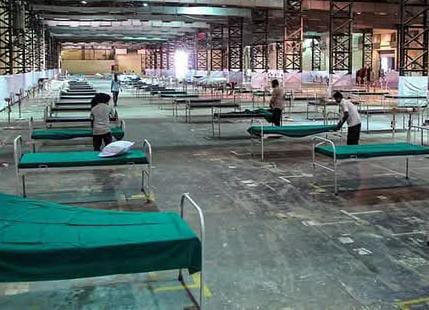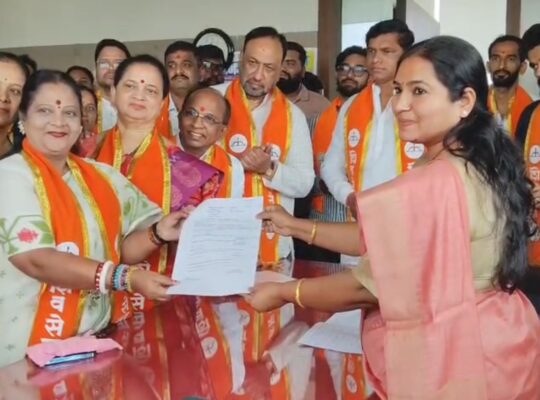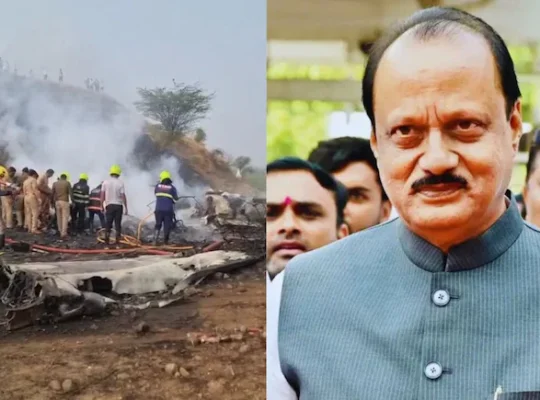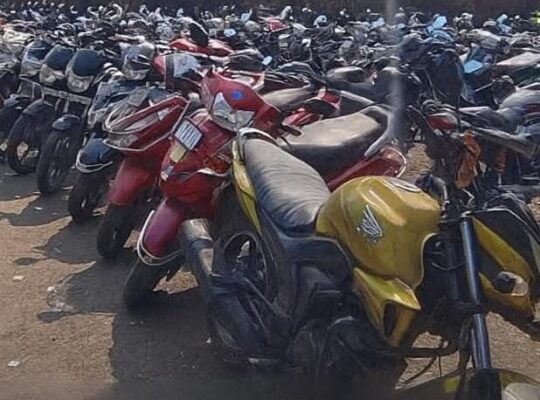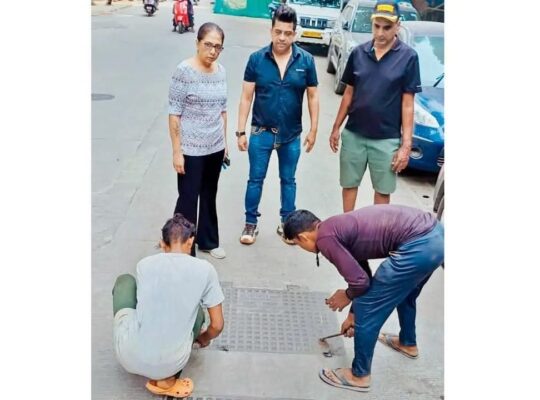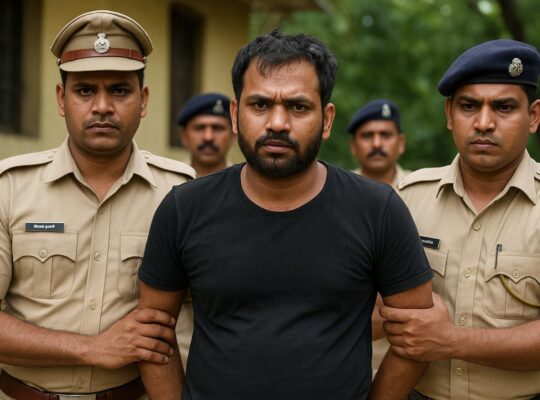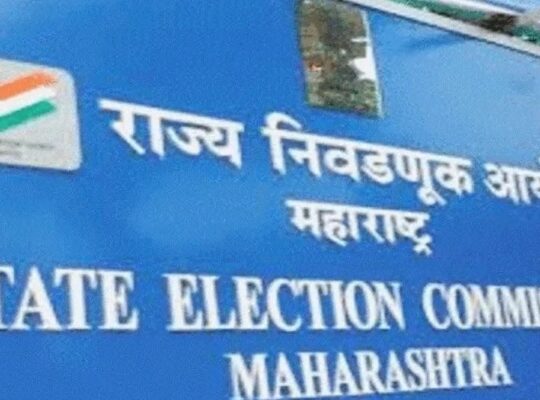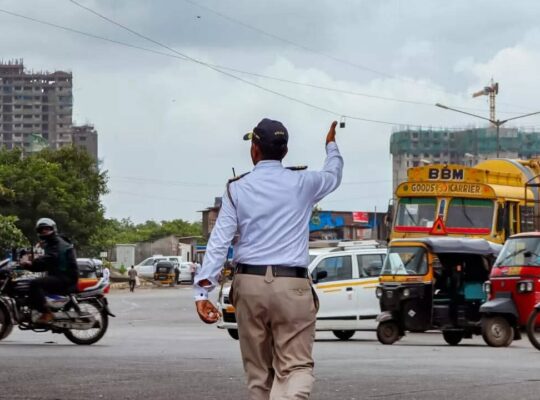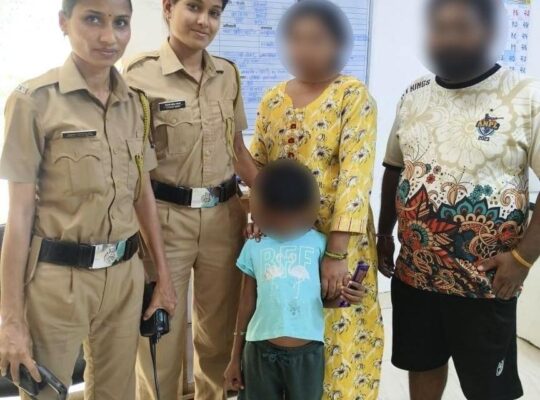Mumbai, June 11, 2025 :-
In an effort to ensure that underprivileged patients receive the healthcare support they are entitled to, the Maharashtra Government has constituted a dedicated inspection team to monitor bed reservations in charity hospitals across the state.
According to a circular issued by the Law and Judiciary Department, the team will comprise three key members: the Charity Commissioner (or a representative), the Principal Secretary of the Medical Education Department (or a nominee), and a representative from Mantralaya’s medical cell. Their primary responsibility will be to ensure that hospitals are complying with obligations under the Indigent Patients’ Fund (IPF) and other government-mandated schemes.
The move comes in the wake of a review meeting held in April, led by Chief Minister Devendra Fadnavis. During the meeting, it was decided that divisional-level officers should be appointed to inspect whether charity hospitals were fulfilling their responsibilities toward economically weaker patients.
Hospitals that have received land or any form of assistance from the state or central government are now mandated to display key information, including the number of beds reserved for poor patients, the availability of help desks, and details of applicable government health schemes. This information must be accessible both at the hospital and through a centralized online dashboard for better transparency.
To improve accountability, charity hospitals must also declare whether they have received any public benefits and maintain a centralized IPF account that will be regulated by the Charity Commissioner’s office. Institutions failing to comply could face action under the Maharashtra Public Trust Act, 1950, as well as legal consequences based on earlier Bombay High Court rulings, particularly PIL No. 3132/2004.
The Maharashtra Medical Council (MMC) will also issue clear guidelines to ensure that doctors do not turn away economically disadvantaged patients. The government is emphasizing that no individual should be denied treatment solely due to financial constraints.
For patients seeking access to the reserved facilities, valid documents such as an income certificate, ration card, Below Poverty Line (BPL) card, or a PAN card (if available) will be required.
Officials believe that the new measures will not only improve access to critical medical care for those in need but also hold charitable hospitals accountable to their social commitments.

